- Tags:
- Earthquake / Great East Japan Earthquake / Tohoku / Tsunami
Related Article
-

Yahoo! Japan’s Banner in Shibuya Shows Height of 3/11 Tsunami But What Do Passers-by Think?
-

Dean Fujioka Takes the Challenge of Voice Acting for Fukushima, Tohoku Japan
-
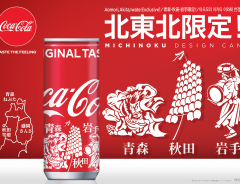
Coca-Cola celebrates 3 festivals from northern Japan in one gorgeous design sold exclusively in Tohoku
-
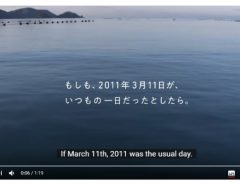
Yahoo! Japan Releases Touching Online Video to Commemorate Tohoku Earthquake
-
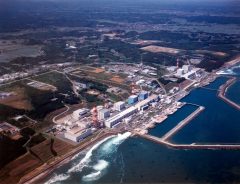
A host of online events to mark 10 years since the nuclear disaster at Fukushima
-
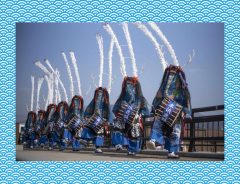
Recovering Through Interactive Art in Tohoku
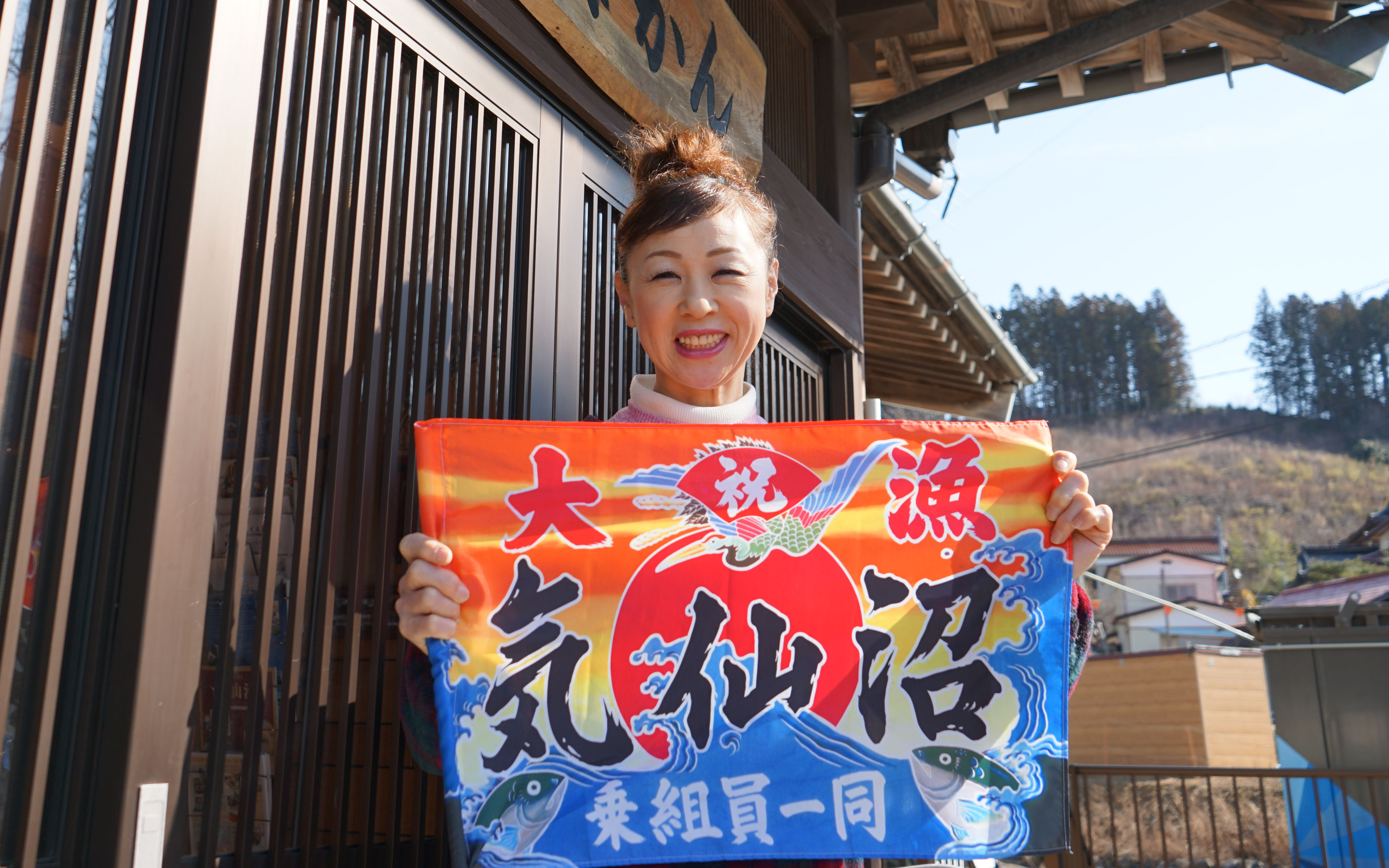


"No worries! Look forward to seein' ya!" A really energetic voice was moving the speaker of my phone.
That voice was Ichiyo Kanno, who runs a hostel "Tsunakan" in Shibitachi, Kesennuma. It was a region affected by the great Tohoku earthquake and tsunami on March 11, 2011. We've heard about Kanno when we were planning on a trip to find out the state of earthquake-affected regions after 5 years.
From her voice, it was obvious that she was one of the most charming people you would meet. However, her life was a lot different prior to the earthquake. We find out how Kanno looks back at the disaster.
Scars of the disaster still evident
The hostel "Tsunakan" is located in the Karakuwa peninsula, Miyagi prefecture. Its main industry is fishery, with oysters and seaweeds being grown there.
A fishing boat at Shibitachi harbor
It is hard to imagine how the ocean so still could break nearby residents apart; yet if you turn around facing away from the ocean, scars from 5 years ago is clear, with rubble and construction work going on.
Disaster changing lives
Ichiyo Kanno still operates fisheries company while she also runs the hostel. Born in Kuji (a few hundred kilometers north of the hostel), she married to a husband whose family was operating a fisheries company in Shibitachi.
She says the reason why she married was because "she can eat oysters every day". She also tells us that the secret to getting into marriage was "not to think too much".
She said so positively, but before the quake, she was not a really social person, busy cracking open oyster shell everyday. Her life changed completely after experiencing the earthquake and tsunami 5 years ago.
Tsunami took away everything
Soon after arriving at "Tsunakan" hostel, Kanno showed us a photo album.
Inside were several photos of the how tsunami took away the town that she lived in an instant.
Kanno lost boats and all that was essential for her job, even her tool to crack open oysters was gone. Her 3-story home was affected by the tsunami: all that was remained were the outer walls, roof and pillars. Kanno at this stage thought of reducing the business and break down the home.
However, that idea changed after few encounters which followed.
Disaster that brought people together
The great Tohoku earthquake was a historic disaster. Many people outside of the region were deeply moved by it, and came out to the affected site to offer a helping hand.
And on August 2011, student volunteers came to Kanno.
"Please, let us stay in your home".
Kanno told them that the home only has a roof and nothing more, they still wanted to stay. "Even just a roof above our head would be great".
Kanno's residence, which was for months dark and lifeless, started to gain vitality; soon, Kanno had over 1,000 volunteers stay at her home.
"I'm no alone". Kanno began having faith in humanity, and the warmth that is generated through bonds between people.
Notes that student volunteers had left
Learning to love your fate
After seeing her home becoming so lively with student volunteers, she soon started to have a wish: to create a place where anyone could say "I'm home", while bring people into the town that she loves so much. Through crowdfunding, she was able to renovate her home into a hostel.
The home that was once ready for destruction was given a new life as "Tsunakan" hostel. She was now the master of this hostel.
The name of the hostel was invented by the volunteers. The first word of the town's name "Shibitachi" means "Tuna" in Japanese. "Kan" comes from the master's name "Kanno". It's a fantastic naming, phonetically beautiful in Japanese, while it sounds like English also (i.e. tuna can).
When you stay in "Tsunakan", you are treated with delicious food produced in the region, including, of course, oysters.
Despite being the victim of one of the biggest disaster in recent history, she laughs louder than all the grape writers combined. The secret to her vitality comes from something that her husband's father had told her.
"Learn to love your fate".
She was told this ever since she moved over to Shibitachi. Although she had lost so many things with the tsunami, the disaster led her to meeting more people.
"It is difficult to love my fate. By I will embrace it". This was one answer that one disaster victim had come up with.
"Tsunakan" is now one of the must-visit places in Shibitachi, Kesennuma. Without doubt, Kanno created this.
When we were leaving the hostel, we felt as we were leaving our own family home. We knew at that moment, we will be back soon, to say "we're home".